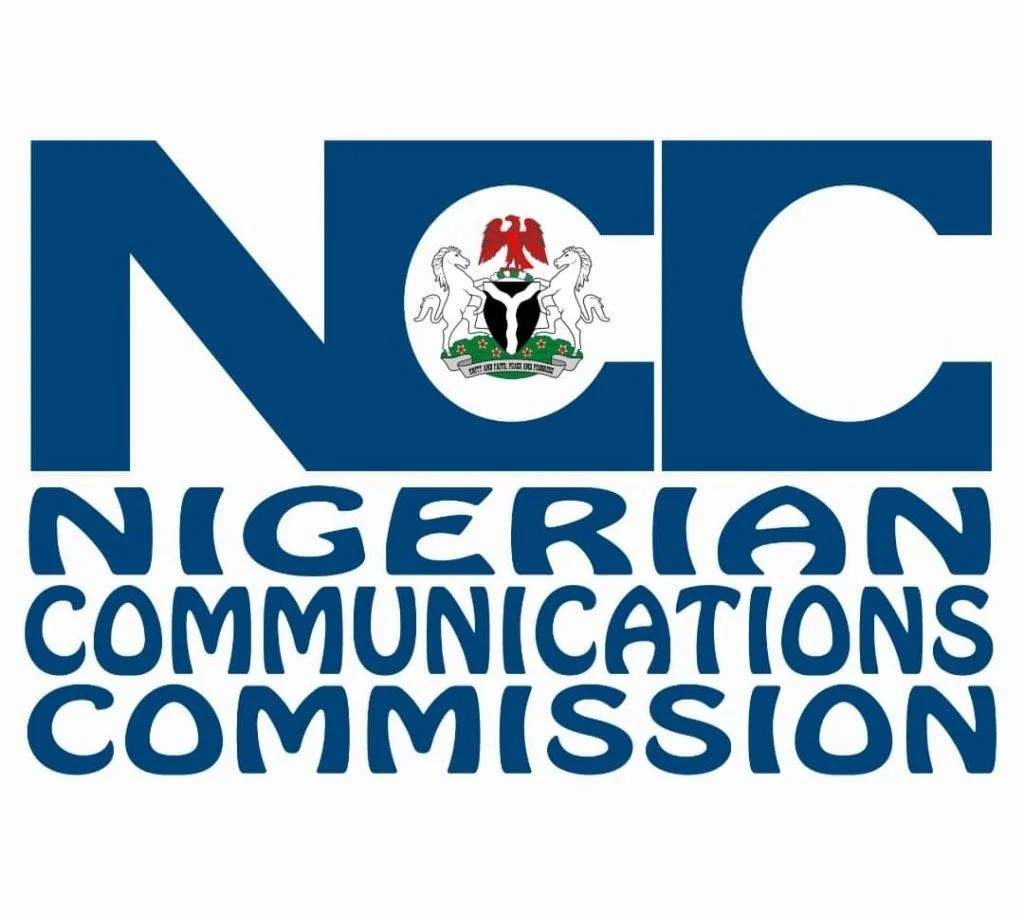The Federal Government is calling for a united effort among West African nations to safeguard shared telecommunications infrastructure following a recent internet outage that affected the region. The Executive Vice Chairman of the NCC, Aminu Maida, emphasized the importance of protecting vital assets during the 21st West Africa Telecommunications Regulatory Assembly Annual General Meeting in Freetown, Sierra Leone.
The disruption on March 14th caused failures in multiple subsea cables, impacting online services and banking operations across West and Central Africa. Maida highlighted the urgent need for the subregion to establish mechanisms to protect itself from damage to submarine infrastructure to prevent future outages.
He referenced a report by Cloudflare, indicating that six countries, including four West African countries, were still experiencing outages due to the submarine cable cuts. Maida stressed that securing telecom infrastructure is essential for attracting foreign direct investment and enhancing investor confidence in the region.
To address these challenges, Maida proposed setting up a framework for joint monitoring, risk mitigation, and emergency response procedures for submarine cables passing through the subregion. He recommended expanding the WATRA Working Group on Infrastructure’s mandate to develop a comprehensive strategy to safeguard telecommunications networks and associated infrastructure.
The West Africa Telecommunications Regulators Assembly, established in 2002, aims to promote regulations that stimulate investment in telecommunication infrastructure to provide more affordable, accessible, faster, and secure communication services to citizens. At the recent AGM, discussions focused on improving consumer protection, quality of service, roaming, and conflict resolution for consumers.
Nigeria’s Engr. Yusuf Aboki was reelected as Executive Secretary for a second term, with the EVC of NCC commending his leadership. The Minister of Communications and Digital Economy, Bosun Tijani, announced plans to lead a global collaboration to enhance the protection of undersea cables, emphasizing the importance of reviewing international laws and fostering partnerships to safeguard vital infrastructure.
The initiative aims to ensure the resilience and reliability of undersea cables, crucial lifelines in today’s interconnected world. The call for a unified effort to protect shared telecommunications infrastructure in West Africa underscores the importance of collaboration and proactive measures to prevent future disruptions.
